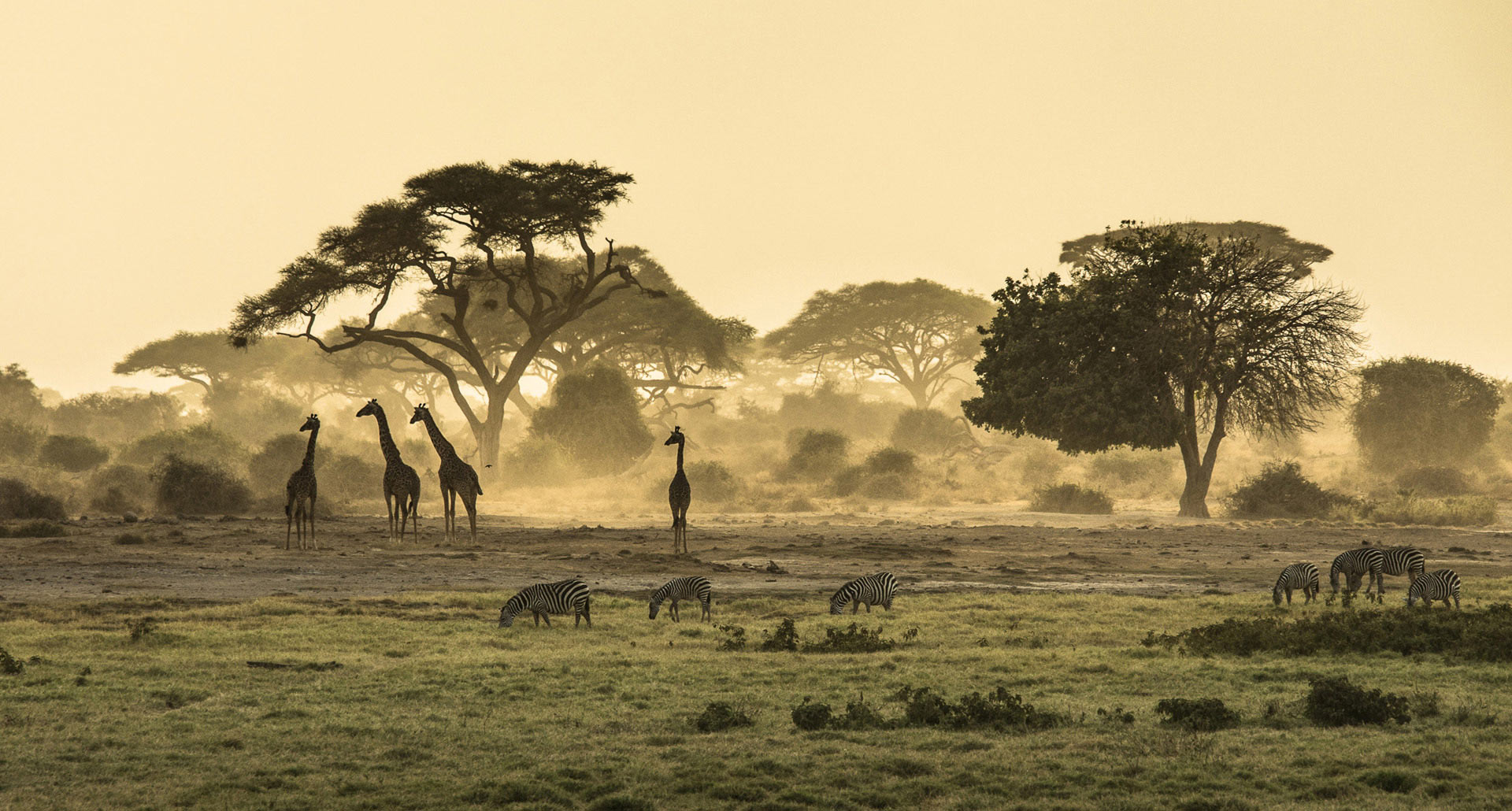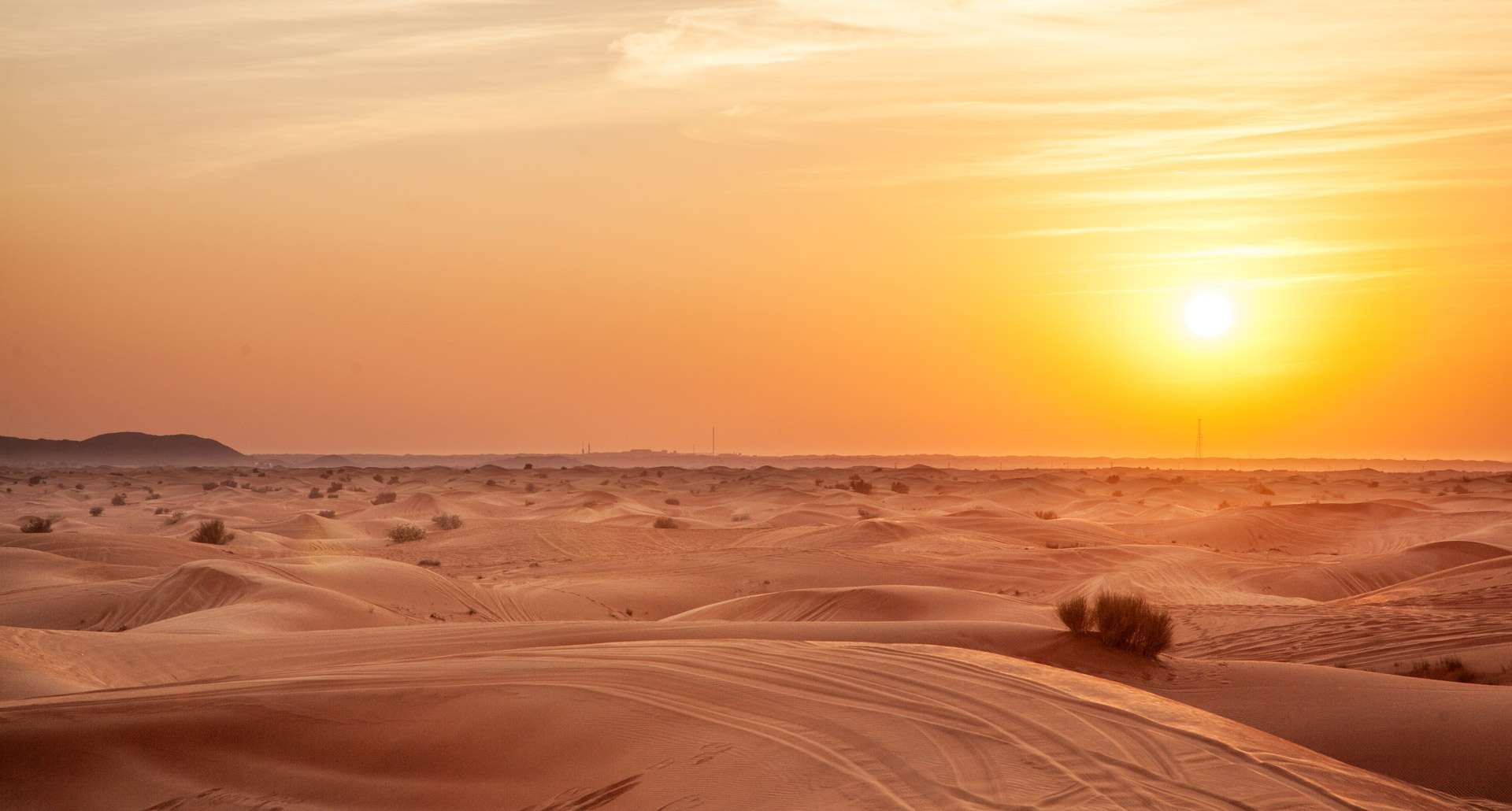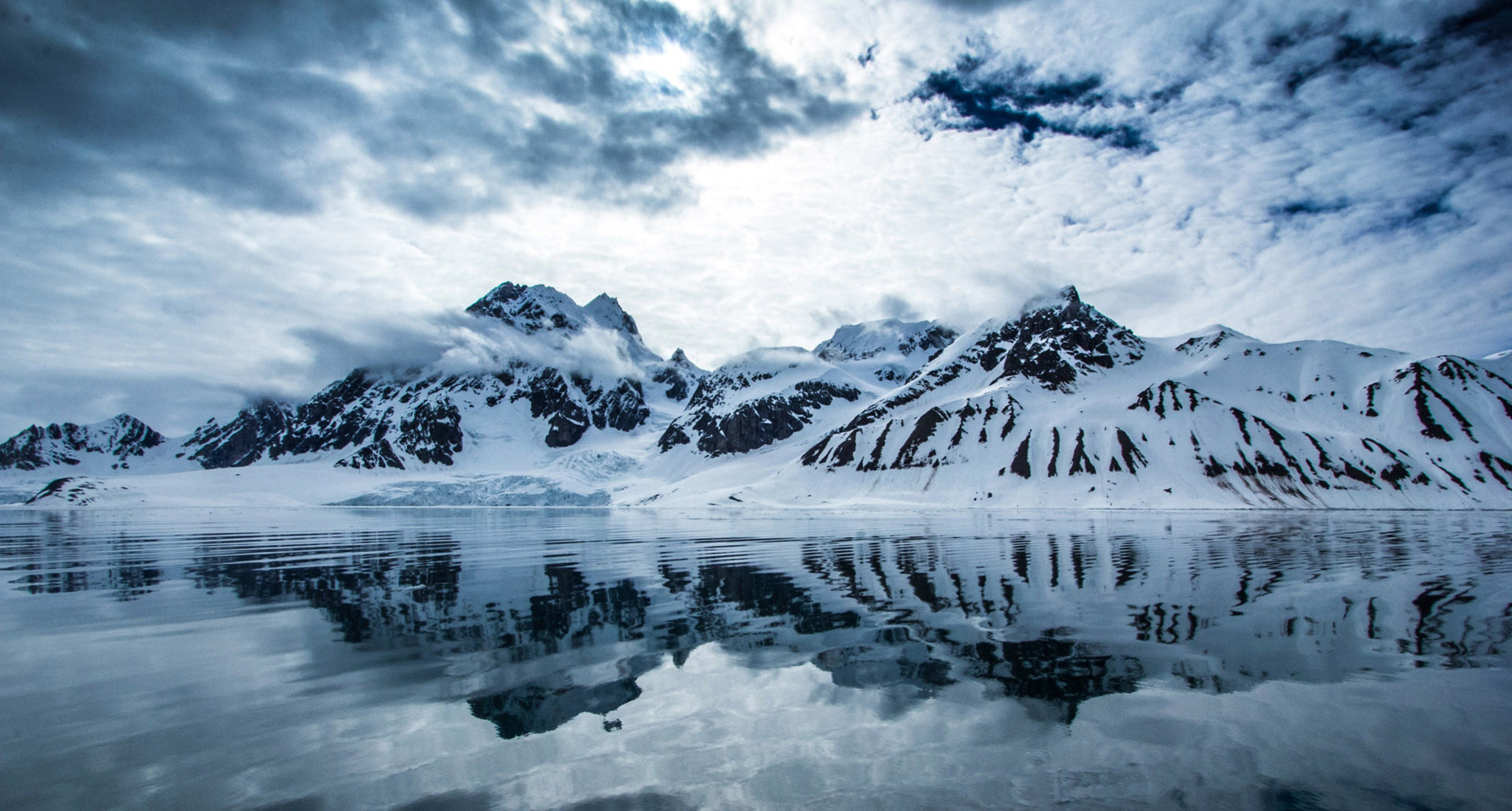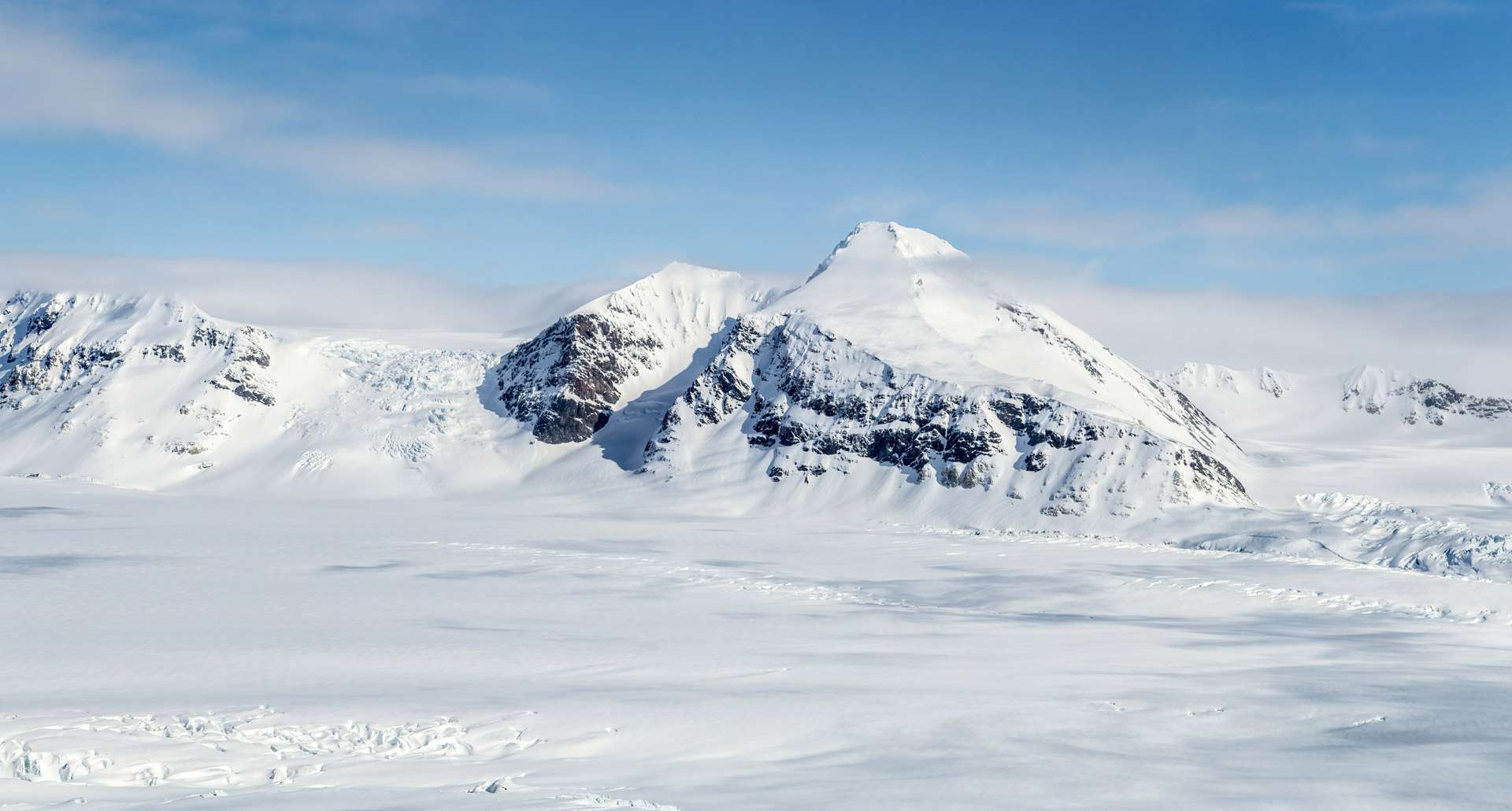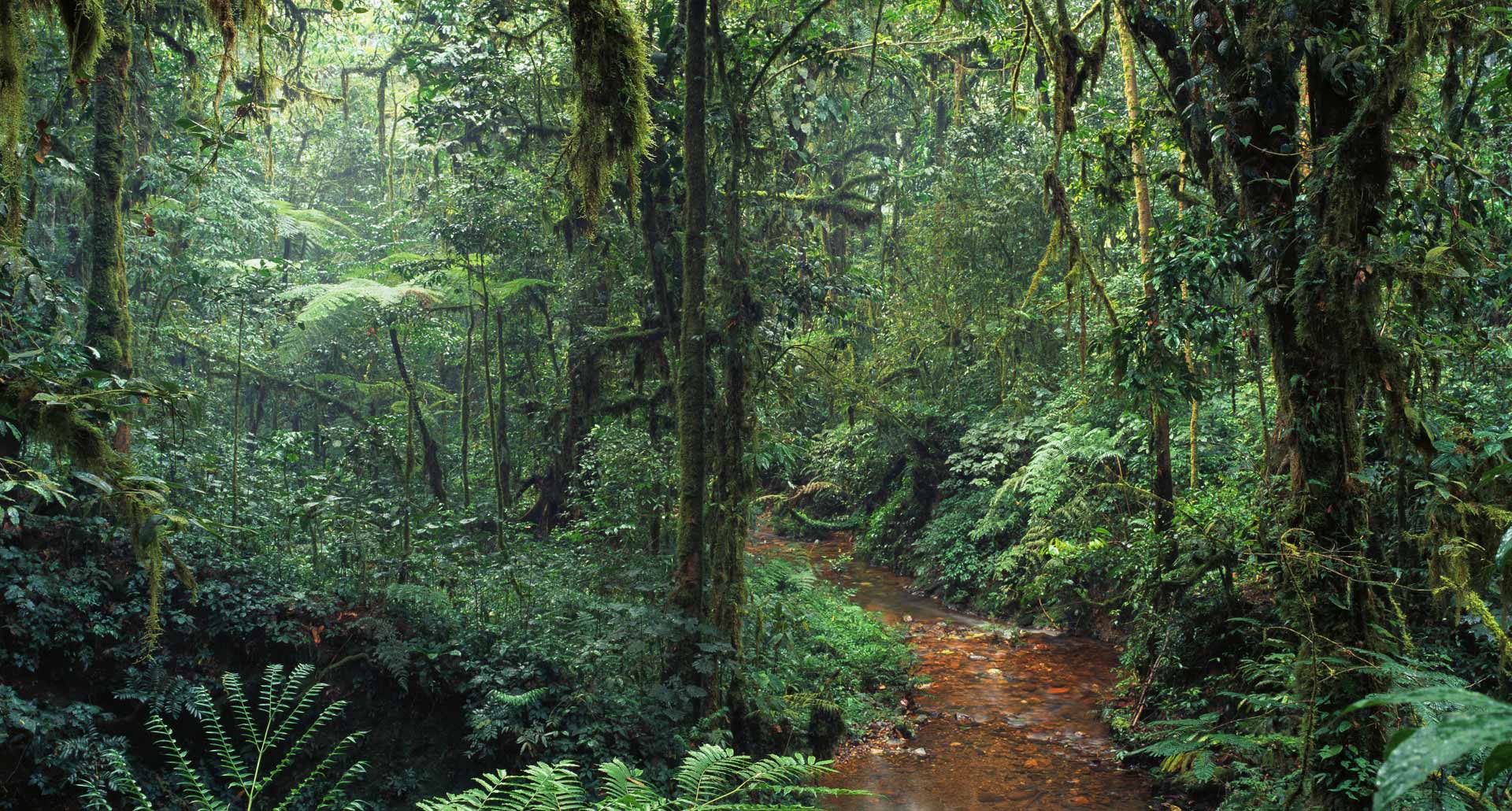World Meteorological Day
23
March 2020
The World Meteorological Day is celebrated all across the world by the member states of the World Meteorological Organization (WMO) every year on 23rd of March. On
that day in 1950 a WMO Convention came into force. It is an annual event being
commemorated yearly by the almost 191 meteorological organization members
worldwide as well as the worldwide meteorological communities using a
particular chosen theme of the year in order to commemorate the establishment
of the World Meteorological Organization to keep constant watch on the weather
and climate for the better life and future. The motto
of the first holiday observance in 1961 read “Weather, Climate and Water in the
Information Age”. Each year the day has a different theme. In 2015 the
theme was “Climate Knowledge for Climate Action". Other themes included Weather, climate and the air we breathe (2009);
Observing our planet for a better future (2008); Polar meteorology:
Understanding global impacts (2007); Preventing and mitigating natural
disasters (2006); Weather, climate, water and sustainable development (2005);
Weather, climate, water in the information age (2004); Our future climate
(2003); and others. The World Meteorological Day
often features various events such as conferences, symposia and exhibitions for
meteorological professionals, community leaders and the general public. Some
events aim to attract media attention to raise meteorology's profile. The World Meteorological Organization (WMO) is
a specialized agency of the United Nations. It is the UN system's authoritative
voice on the state and behavior of the Earth's atmosphere, its interaction with
the oceans, the climate it produces and the resulting distribution of water
resources. Under WMO leadership and within the framework of WMO programs,
National Meteorological and Hydrological Services contribute substantially to
the protection of life and property against natural disasters, to safeguarding
the environment and to enhancing the economic and social well-being of all
sectors of society in areas such as food security, water resources and
transport. It is also directly
responsible for the creation of the Global Atmosphere Watch (GAW).

